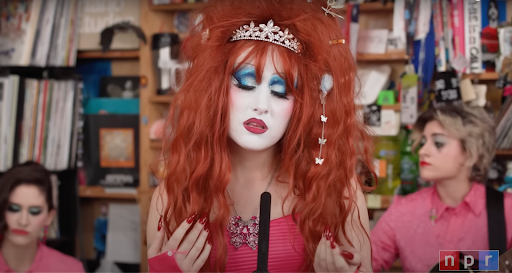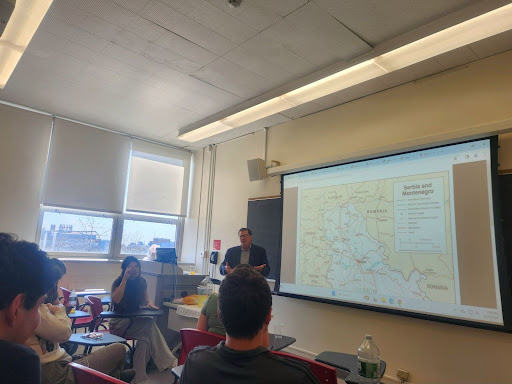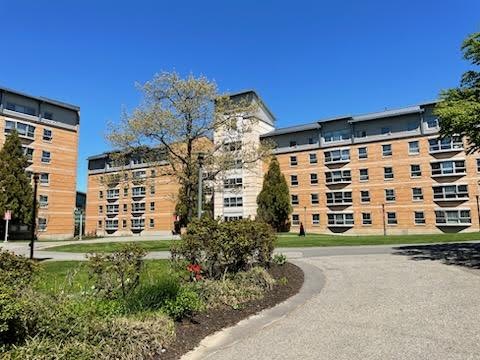“St. John’s University reserves the right to enter rooms without warrant for the purpose of searching a room. In these situations, Residence Hall staff will knock; identify themselves and request entrance. If no affirmative response is received, staff may enter.”-Residence Life Handbook.
It takes some time to get the hang of things, and at St. John’s it is no different. The still-new Residence Village is being integrated into the rest of campus through the construction of a new stairway; the student health office is going to be moved closer to the residence halls; the Master Plan grinds away behind Montgoris as St. John’s digs a pit for an amphitheatre. Even the much put-upon people of the surrounding area seem to have accepted that buildings won’t be torn down anytime soon, though they still have trouble sleeping at night.
Slowly, St. John’s is establishing a community where one existed in name only. As Residence Life becomes more and more adapted to management, the suites of the residence halls are becoming more than just places to sleep; they are becoming homes.
Might we then suggest a little more privacy in our homes, please?
Residence Assistants are generally as reasonable as someone crazy enough to take such a job can be, but even the occasional unwarranted entry and search is unsettling. But even if Residence Hall staff never made such checks-and they are definitely less common this year than last-the fact that they are empowered to enter and search with or without permission, with or without warrant, forces resident students into an open-door policy, whether the door is open or not.
As St. John’s moves forward and adjusts to managing the Residence Village, it should become apparent that the tight controls of everyday life are unnecessary in action and policy. It is possible to give Residence Life staff the authority they need to do their job without giving them carte blanche to enter suites. The fact that they are so often able to do their job without such intrusions is proof enough that the policy is too far reaching.
The handbook does require that Residence Hall staff have suspicion that a policy, any policy, is being broken before entering a room, but suspicion is too easily and too often manufactured, both before and after the fact, and sometimes not even that minimum, catch-all justification is met.
St. John’s is a private institution, which gives it all the latitude it needs to make and enforce policies like this one, but just because they can does not mean they should. There is a vast gulf of principle between the two words. As a private organization, the Boy Scouts can kick people out for being atheists or homosexual, but that is a far cry from making their decision right.
Surprising as it may sometimes seem, the students of St. John’s are adults. Treating them as such might lead to surprising results.















